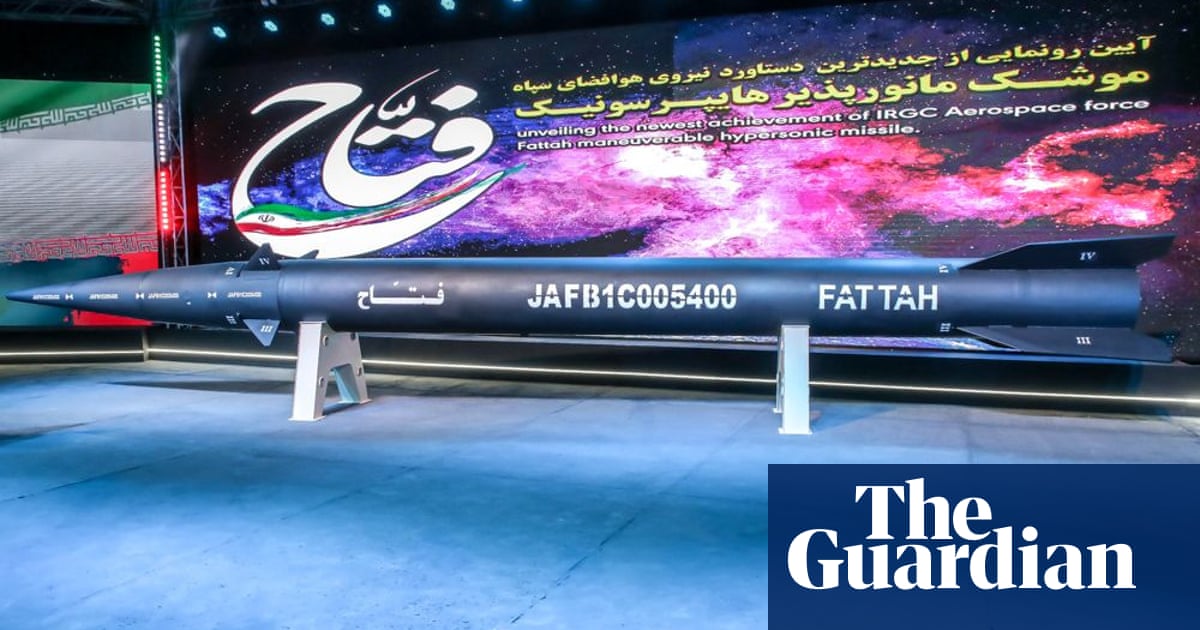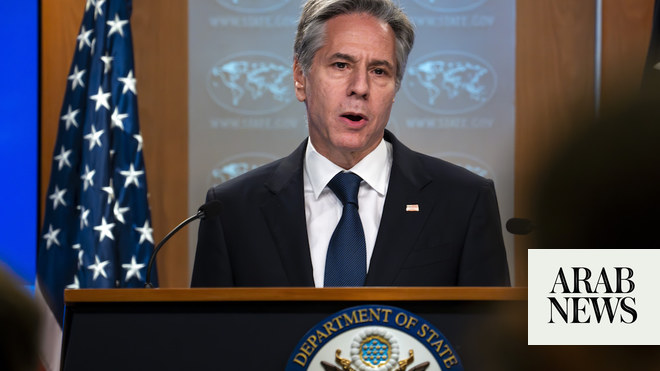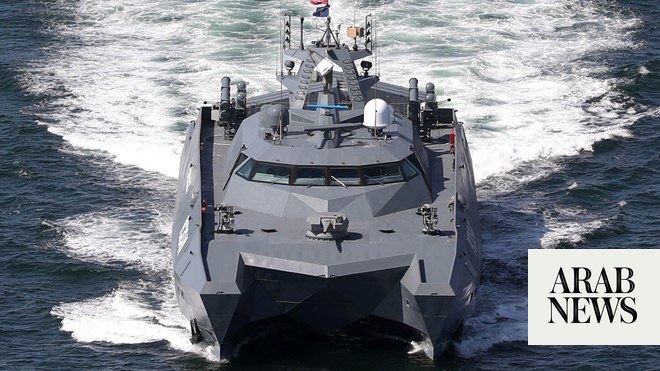
Russian Foreign Ministry stressed the need to maintain the nuclear agreement with Iran, and warned that attempts to modify it "will not be acceptable."
Moscow might take several steps if Washington pulled out of the deal, including ignoring restrictions on trade and technology with Iran, hinted a senior Russian diplomat.
On Friday, Russian foreign ministry said the evidence presented by Israeli Prime Minister Benjamin Netanyahu on Tehrans possession of a secret nuclear program "can not be relied upon."
Foreign Ministry Spokesperson Maria Zakharova described the data as "groundless accusations", noting that Moscow considers it unacceptable to replace the existing mechanisms of the International Atomic Energy Agency (IAEA), which have already proved effective with various unconfirmed and widespread allegations.
"Issues related to the implementation of the Joint Comprehensive Plan of Action (JCPOA) can only be discussed among the members of the joint committee and Iran," asserted the spokeswoman.
She added that experts who monitor the implementation would invariably say that Iran is implementing the terms of the deal in good faith, "things that give rise to questions are clarified and jointly settled."
Russia called on Israel to immediately give information on Iran continuing its nuclear program to the IAEA, if it has any, Russian Foreign Minister Sergey Lavrov said.
“If Israel or anyone else received documents which allegedly prove Iran still having plans to develop nuclear weapons, then these documents should be given to the IAEA," he told the press.
The minister pointed out that Israeli intelligence might have come into possession of the outdated files, indicating: "comments I heard from experts, who took part in preparing the JCPOA, suggested that the files obtained by Israel may refer to the past activities that had already been taken into consideration by IAEA inspections."
Director General of the Department for Non-Proliferation and Arms Control at Russia’s Foreign Ministry Vladimir Yermakov told reporters that a US withdrawal from the JCPOA did not necessarily mean the end of the deal.
“It might even be easier for us on the economic front, because we won’t have any limits on economic cooperation with Iran. We would develop bilateral relations in all areas – energy, transport, high tech, medicine,” he said.
He warned that US will suffer the consequences if Washington breaks the international agreement backed by UN Security Council resolutions.
"Neither Iran nor China nor Russia nor the European states should lose out,” Yermakov indicated.
Russia would continue to uphold its obligations under the deal, if it was able to and if continuing adherence to the JCPOA was in Russia’s interests. Keeping the deal alive was in the best interests of international security, he said.
Yermakov stated that there was no reason for Iran to pull out of the deal, and it was in a strong position because it was fully meeting its obligations.
“It’s not in anybody’s interest that Iran goes back to the kind of development of its nuclear program that all states would be concerned about. But Iran is fully entitled to develop peaceful nuclear energy,” he said.
If the United States pulled out, there was no question of discussing new UN Security Council sanctions on Iran, added the Director General.
Yermakov said nobody could foresee what calculations US President Donald Trump might make about withdrawing from the JCPOA, but the vast majority of UN states at the Geneva conference had supported a joint Russian-Chinese declaration supporting the JCPOA.
Practically all states had backed the declaration, but the United States had put pressure on its European NATO allies to persuade them not to give it their backing, Yermakov said.
In addition, Russias Foreign Ministrys Department on New Challenges and Threats, Dmitry Feoktistov noted that the United States is trying to present Iran and its Hezbollah militant group as a bigger threat than ISIS terrorists.
"But Americans talks neither about IS or al-Qaeda. They are only interested in Hezbollah and Iran," he added.
Feoktistov noted that US recently stopped describing ISIS as the main threat, meaning they don’t deny that terrorist organization is a threat but they are trying to put this "matter on the back burner."












